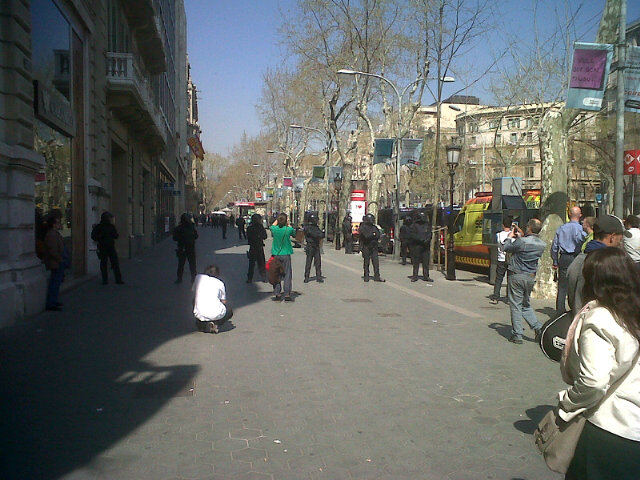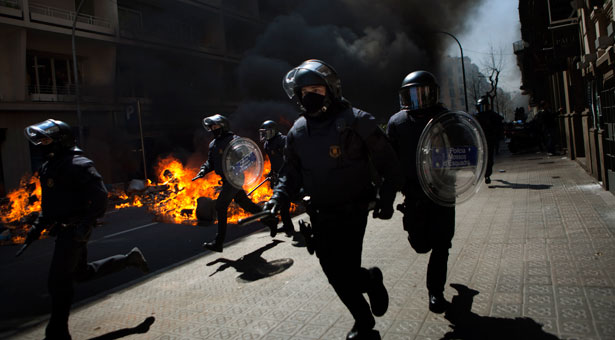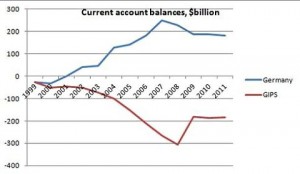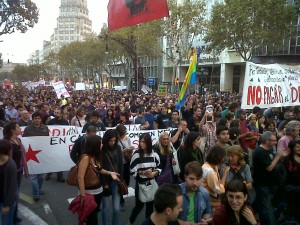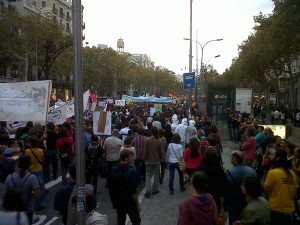George Soros has published a very good presentation on the state of the euro and what went wrong here. It is a bit dense in parts, but totally worth a read.
Like many analysts (at least the ones I like), he notes that the euro crisis is not a fiscal crisis as much as it is a problem with banks and balances of payments. But he adds a unique wrinkle I had not heard before, calling the euro crisis a political bubble, not a financial one.
The authorities did not even understand the nature of the problem, let alone see a solution. So they tried to buy time.
Usually that works. Financial panics subside and the authorities realize a profit on their intervention. But not this time because the financial problems were reinforced by a process of political disintegration. While the European Union was being created, the leadership was in the forefront of further integration; but after the outbreak of the financial crisis the authorities became wedded to preserving the status quo. This has forced all those who consider the status quo unsustainable or intolerable into an anti-European posture. That is the political dynamic that makes the disintegration of the European Union just as self-reinforcing as its creation has been. That is the political bubble I was talking about.
(Emphasis mine.)
Having read the whole Game of Thrones series recently, I cannot help but think of Rob Stark, who won every battle but could not win the war (not really a spoiler, since that is kind of the theme of the books). The economists really have won battles, showing that the euro as constructed was a bad idea, then once the euro crisis began, describing how serious it was and what was needed to stop it. But despite having the winning arguments, time and time again the politicians win the day with one half-baked agenda or another. There just is not the political will to do what needs to be done, in the United States, China, and especially in Europe.
Which, by the way, makes me ever more impressed with how Korea handled the Asian economic crisis of 1997-8. Korean families donating their gold to fight the crisis might not have been useful in any direct sense, but it did show a certain unity of spirit, enabling Korea’s politicians to do what needed to be done. Considering how divisive Korean politics usually is, it is amazing how much political will that country can generate when it needs to.
Anyhow, where does Soros think all this is going?
In my judgment the authorities have a three months’ window during which they could still correct their mistakes and reverse the current trends. By the authorities I mean mainly the German government and the Bundesbank because in a crisis the creditors are in the driver’s seat and nothing can be done without German support.
He think Europe needs to fix the immediate problems, to give itself some breathing space and pass new legislation/treaties required to fix the euro. But there is just three months to get things done, and so far there is no political will in Germany at all.
UPDATE: Right on cue, here’s Edward Hugh with a big dose of sunshine. And by “sunshine,” of course I mean incredibly depressing facts. “Global Growth Shutters Toward a Halt” at Fistful of Euros.
